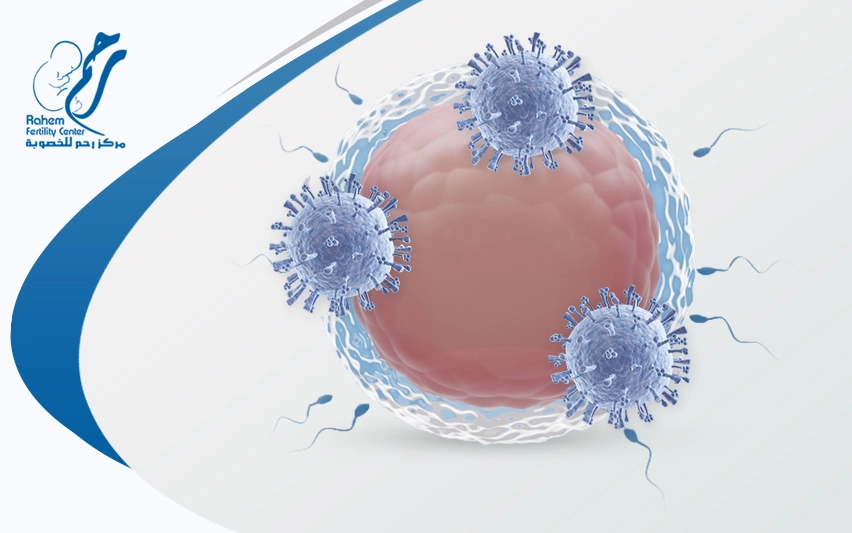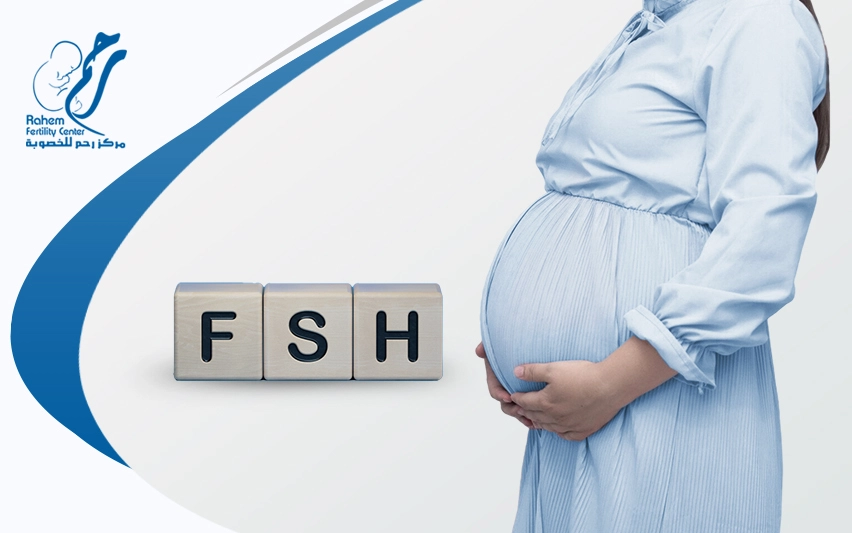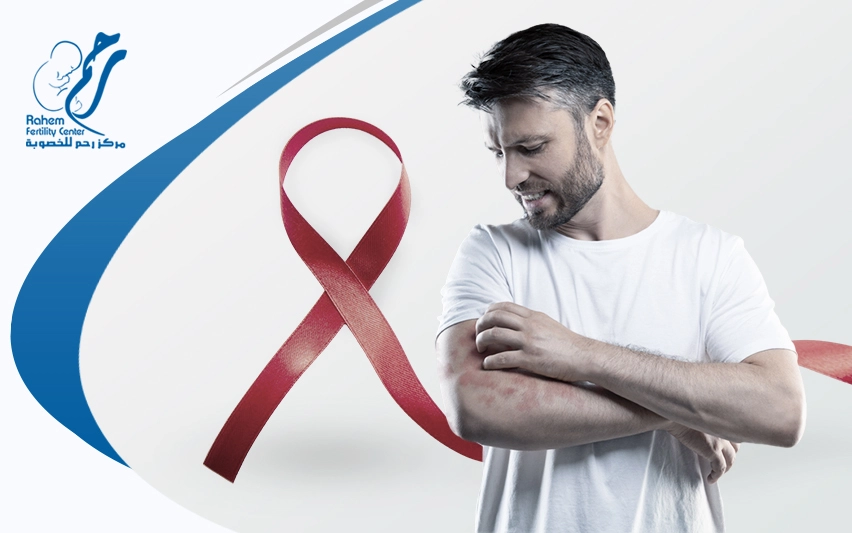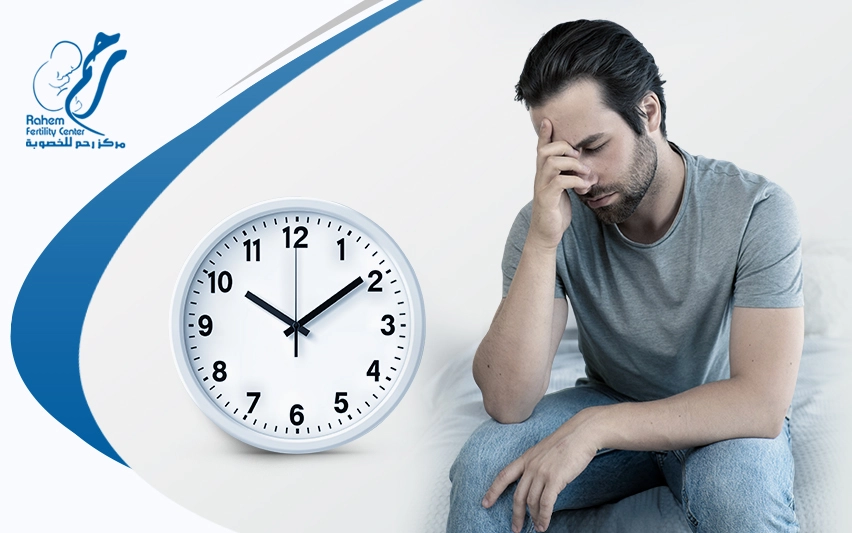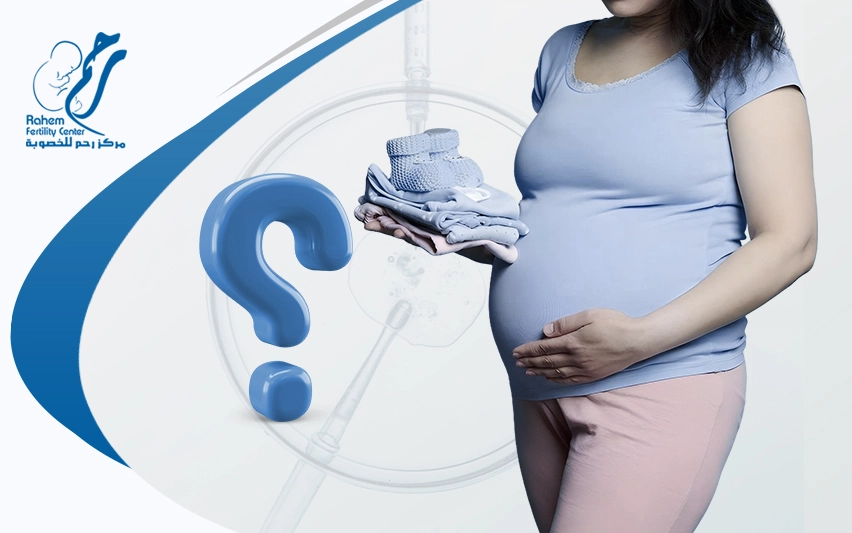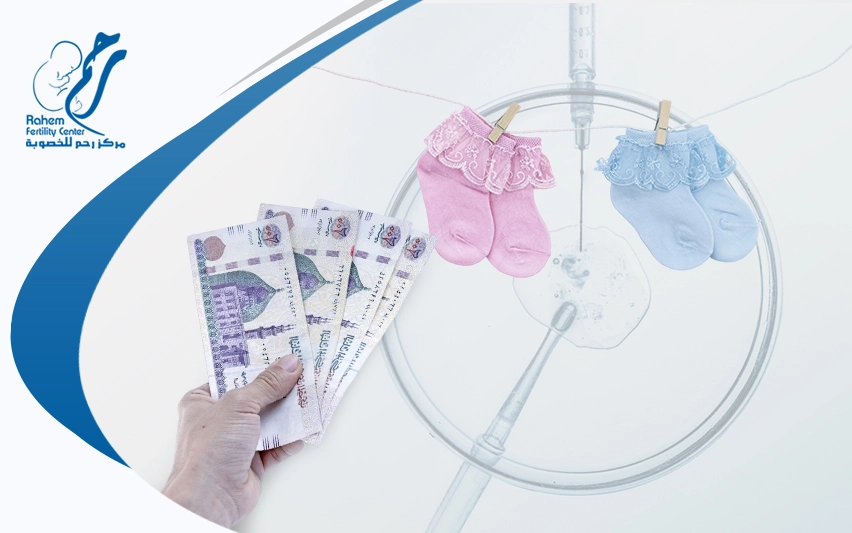ICSI fertility treatment is a highly targeted technique where a single healthy sperm is injected directly into an egg. It was first designed for severe male infertility, but now it’s used in IVF cases where fertilization might fail.
This level of control has transformed fertility care for many couples. But it’s important to understand when ICSI is useful, how it compares to standard IVF, and what trade-offs it brings.
Is ICSI More Successful Than IVF?
It depends on what you mean by “successful.”
If we’re talking about the initial fertilization, the actual moment when sperm meets egg, then yes, ICSI usually gives better results, especially when there’s a known male factor like low sperm count or poor motility.
However, having a fertilized egg doesn’t guarantee a successful pregnancy. Once an embryo is created, whether by ICSI or standard IVF, other factors come into play.
Therefore, if you’re asking about overall pregnancy, it depends on the following factors:
-
- Embryo quality: Even if fertilization is successful, the embryo may not develop correctly.
- Wife’s age and her overall health.
- The implantation process: The embryo may fail to implant in the uterus.
But don’t worry, expert doctors follow the ideal protocol for each patient to prepare her uterus to receive the embryo, regardless of whether fertilization was achieved through standard IVF or ICSI.
How Long Does It Take to Get Pregnant with ICSI?
Many wives wonder: “How long does it take to get pregnant with ICSI?”. The answer is that the overall timeline, from ovarian stimulation to egg retrieval, fertilization, embryo transfer, and pregnancy test, remains about 4 to 6 weeks per cycle.
ICSI may improve your chances of fertilization within that first attempt, especially if you’ve had failed cycles before. However, multiple cycles may still be needed depending on age, egg quality, and uterine factors.
In conclusion, ICSI can shorten your journey, but it doesn’t eliminate the need for time, patience, and biological readiness.
What Is the Downside of ICSI?
Like any intervention, ICSI has limitations and potential risks. These include:
- Higher cost compared to standard IVF.
- Possible damage to the egg during injection, especially in poor-quality eggs.
- Lack of natural sperm selection, which may allow genetically abnormal sperm to fertilize the egg.
N.B. It’s worth noting that overuse of ICSI in non-male-factor cases has raised ethical concerns. Some clinics offer it as a default add-on even when it’s not medically necessary. That’s why working with an evidence-based fertility center is crucial.
ICSI Fertility Treatment at Our Center
ICSI fertility treatment is not for everyone, but for the right patient, it can be the game-changer that turns failed cycles into success stories. At Rahem Fertility Center, we don’t just offer ICSI. We offer experience and precision in knowing when and how to use it.
Wondering if ICSI is right for you? Book a consultation today and get a personalized assessment based on your real fertility profile, not just protocol.




